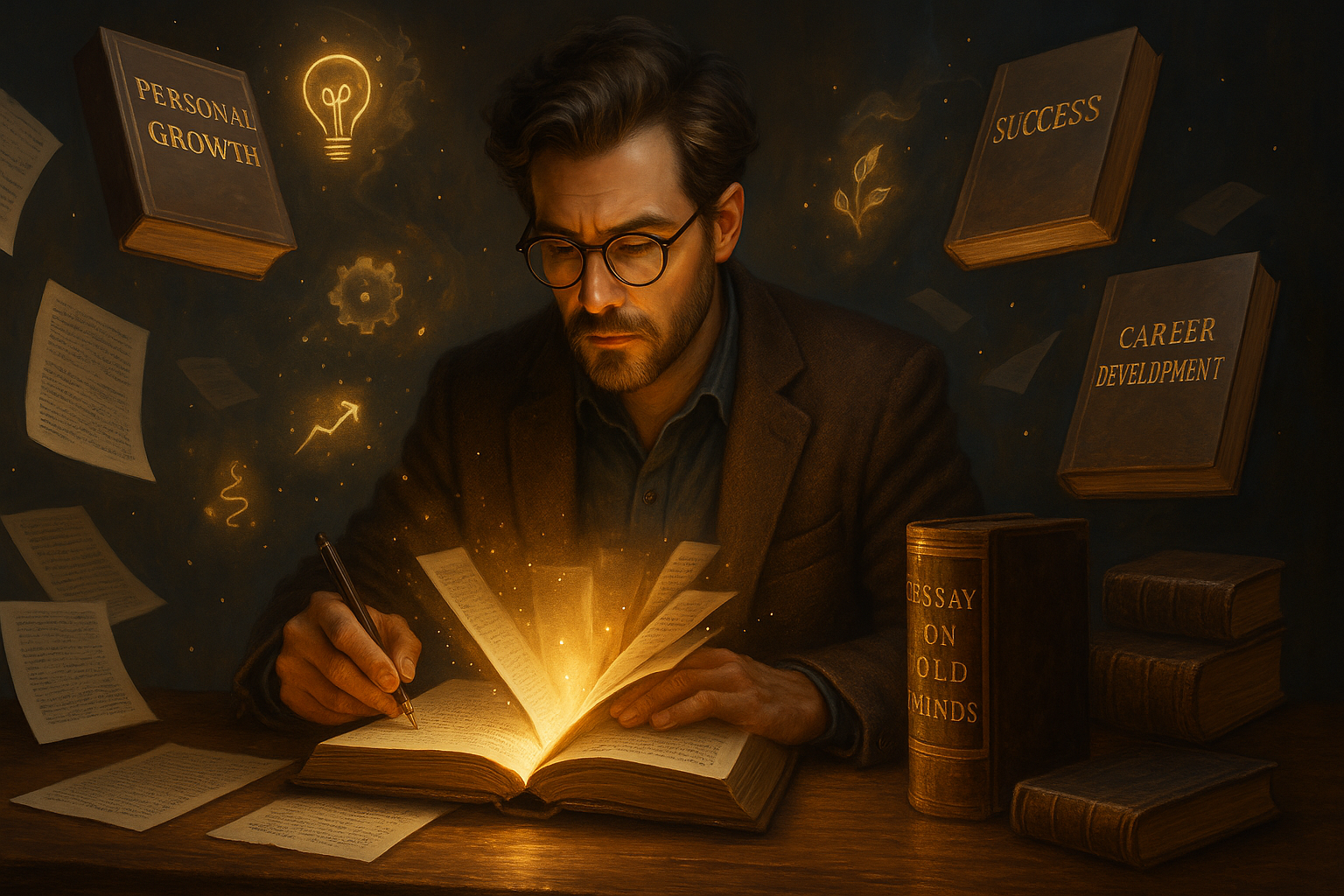Much of what I recall from 1966 is pleasant. I was newly married, in my second year at Idaho State University, and still living in the only state I had ever known. Having spent my whole life in Idaho, I had little first-hand experience that could have prepared me to fully grasp the turbulence reshaping the country.
At the beginning of America’s involvement in Vietnam in 1955, fewer than half of Americans had even heard of the country. By 1966, the war—and the protests against it—were on television every night. Friends I had grown up with were drafted; some returned home shaken, while others reenlisted because they wanted to “see action” before it was over. Some didn’t return at all. The war was no longer distant; we heard the truth in raw detail from classmates who had been there.
Meanwhile, the civil rights movement was transforming the nation. Martin Luther King Jr.’s “I Have a Dream” speech in 1963 had raised hopes, but by the mid-sixties the struggle and backlash were worsening. In southeastern Idaho, however, our experience was different from what the nightly news showed. We saw segregation and unrest on the screen, but locally, life seemed insulated. Blacks lived in one part of town, and many of us assumed that was by choice. The prejudice we heard usually came from the older generation, not our peers.
At Pocatello High School, our Student Body President, Marvin Brown, was African American. He was popular, respected, and admired. Race wasn’t what people talked about—his leadership was. In 1962, he was killed in a car accident just weeks before heading to Harvard on a scholarship. His death devastated us. For many of us, it reinforced the sense that life in Idaho was different, somehow sheltered from the deep racial divides making headlines elsewhere.
Looking back, I wonder why we were so sheltered and why we didn’t understand more at the time. Did our lack of direct experience prevent us from reaching the same conclusions as those living in the heart of the struggle? We knew what was happening, but knowledge without experience seemed inadequate. It felt almost unbelievable that such differences in treatment existed within our country.
Some would say it was “just the luck of the draw”—that we are shaped entirely by where we’re born, who our parents are, and how we’re wired. By that reasoning, free will is little more than an illusion. I don’t agree. While I may not have understood the civil rights struggle deeply in 1966, I’ve had a lifetime to reflect on it since. That lack of early understanding has compelled me to examine things more closely, perhaps more than others might.
Experience, when combined with knowledge, leads us closer to wisdom. And wisdom often requires connecting the scattered events of our lives, sometimes only becoming clear years later.
One personal experience from that time has stayed with me—an unexpected lesson in kindness and misunderstanding.
At the University, I struck up a friendship with an exchange student from Africa. He was intelligent, insightful, and I valued our conversations in the student union between classes. For several months, our routine became a highlight of my days. Then, one afternoon, he abruptly ended the friendship. He told me he believed I only wanted to be friends with him because he was an African exchange student, not because of who he was as a person. He said it was obvious: the way America treated its own Black citizens proved it. “Just watch the news,” he added, before walking away.
I was stunned—and hurt. I hadn’t seen myself that way and didn’t know how to respond. I thought I had gained an experience of friendship, but instead I was left questioning my own blindness and naivety. It was one of those moments where experience arrived before understanding.
That memory has stayed with me for decades. It reminds me that caring for others is not always received as we intend. Sometimes it is misinterpreted, sometimes rejected. Still, I would rather be misjudged for trying to care than guilty of failing to care at all.
Knowledge tells me we ought to care about people. Experience tells me that caring may not always be reciprocated. Wisdom reminds me that kindness matters regardless.


